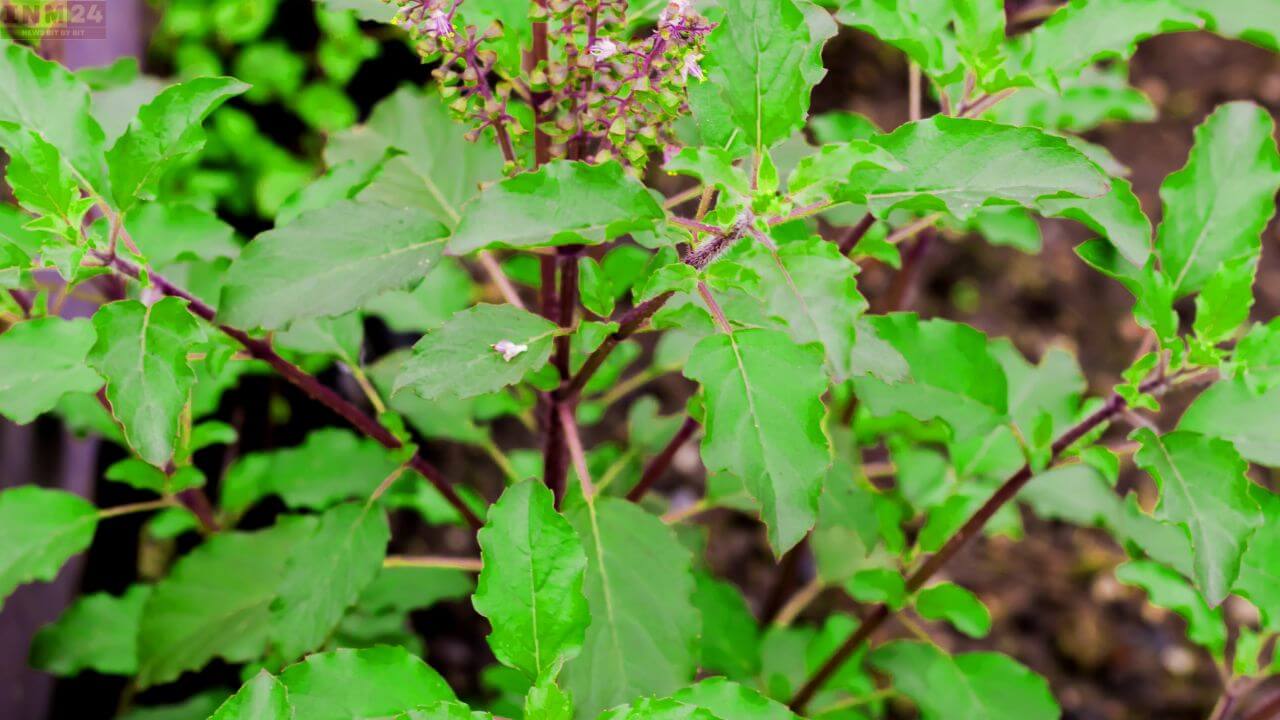Tulsi, also known as “Mauli” and “Shri Tulsi,” is a plant revered for its medicinal properties and spiritual significance in Hindu culture. Widely planted in Indian households, Tulsi holds a special place due to its association with prosperity, health, and divine attributes. Before deciding to plant Tulsi at home, it’s crucial to understand the sacred rules governing its cultivation to avoid potential repercussions.
Tulsi in Hinduism
Tulsi is considered the holiest plant in Hinduism, bestowed with the status of a deity. It is often believed to house the goddess of wealth, Mother Lakshmi. Regular worship of Tulsi by offering water and lighting a lamp is thought to bring joy and prosperity. Beyond its spiritual importance, Tulsi is a symbol of well-being and abundance within the household, not only enhancing the aesthetic appeal but also offering numerous benefits.
Rules for Planting Tulsi
-
Direction
- Auspicious Direction: Planting Tulsi in the north or northeast direction is considered highly auspicious. This orientation is believed to enhance the positive flow of energy within the home.
- Inauspicious Directions: Avoid planting Tulsi in the south or west direction, as it is believed to bring unfavorable consequences.
-
Soil
- Black or Red Soil: Tulsi thrives best in black or red soil. The soil should be loose and enriched with organic manure. Adequate drainage is essential to prevent water stagnation.
-
Timing
- Monsoon Planting: The monsoon season is considered the most suitable time for planting Tulsi. Thursdays and Sundays are considered auspicious days for Tulsi plantation. However, avoid offering water and lighting a lamp in Tulsi on Sundays and Ekadashi.
Caring for Tulsi
-
Watering
- Water Tulsi regularly, either in the morning or evening. The soil should be kept moist but not waterlogged. Proper drainage is crucial to prevent water accumulation.
-
Pruning
- Regularly remove dry leaves and flowers from Tulsi. This helps in maintaining its overall health and appearance.
-
Protection
- Safeguard Tulsi from pests and diseases by employing organic methods. Regular inspection and prompt action can ensure Tulsi’s well-being.
Significance and Benefits
-
Divine Association
- Tulsi is revered as the favorite plant of Lord Vishnu, symbolizing purity and devotion.
- Worshiping Tulsi is believed to enhance positive energy flow within the home.
-
Mental Well-being
- Sitting near Tulsi and meditating is said to bring peace and tranquility to the mind.
-
Health Benefits
- Tulsi purifies the air, contributing to respiratory health.
- It is considered a preventive measure against various diseases.
- Tulsi is known for reducing stress and anxiety and improving digestion.
Tulsi, beyond its botanical essence, is a sacred entity deeply embedded in Hindu traditions. Adhering to the prescribed rules for planting and caring for Tulsi ensures not only a thriving plant but also the beckoning of positive energies into the household. As an emblem of divine blessings and health, Tulsi continues to be a cherished companion in homes across India.
